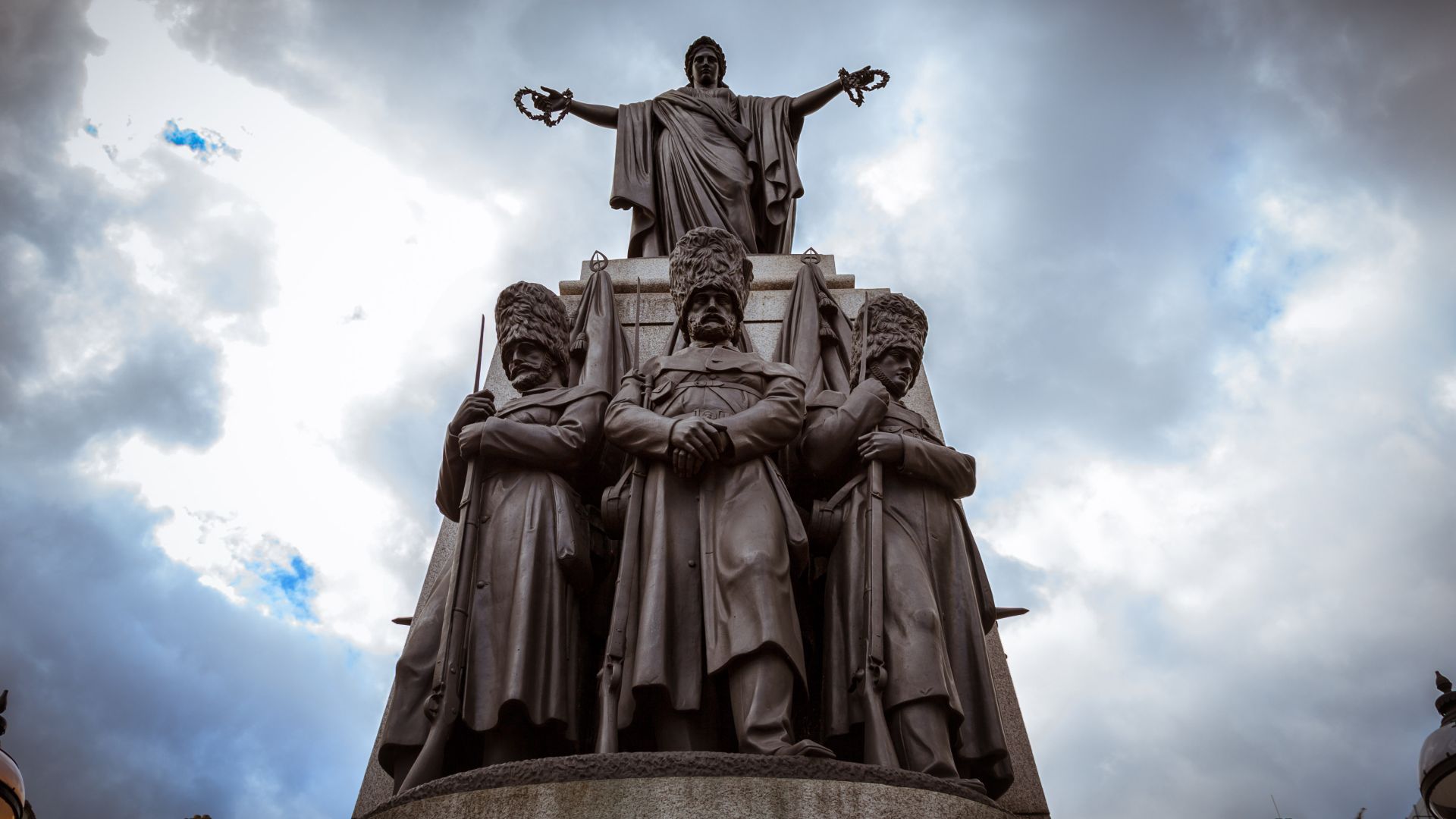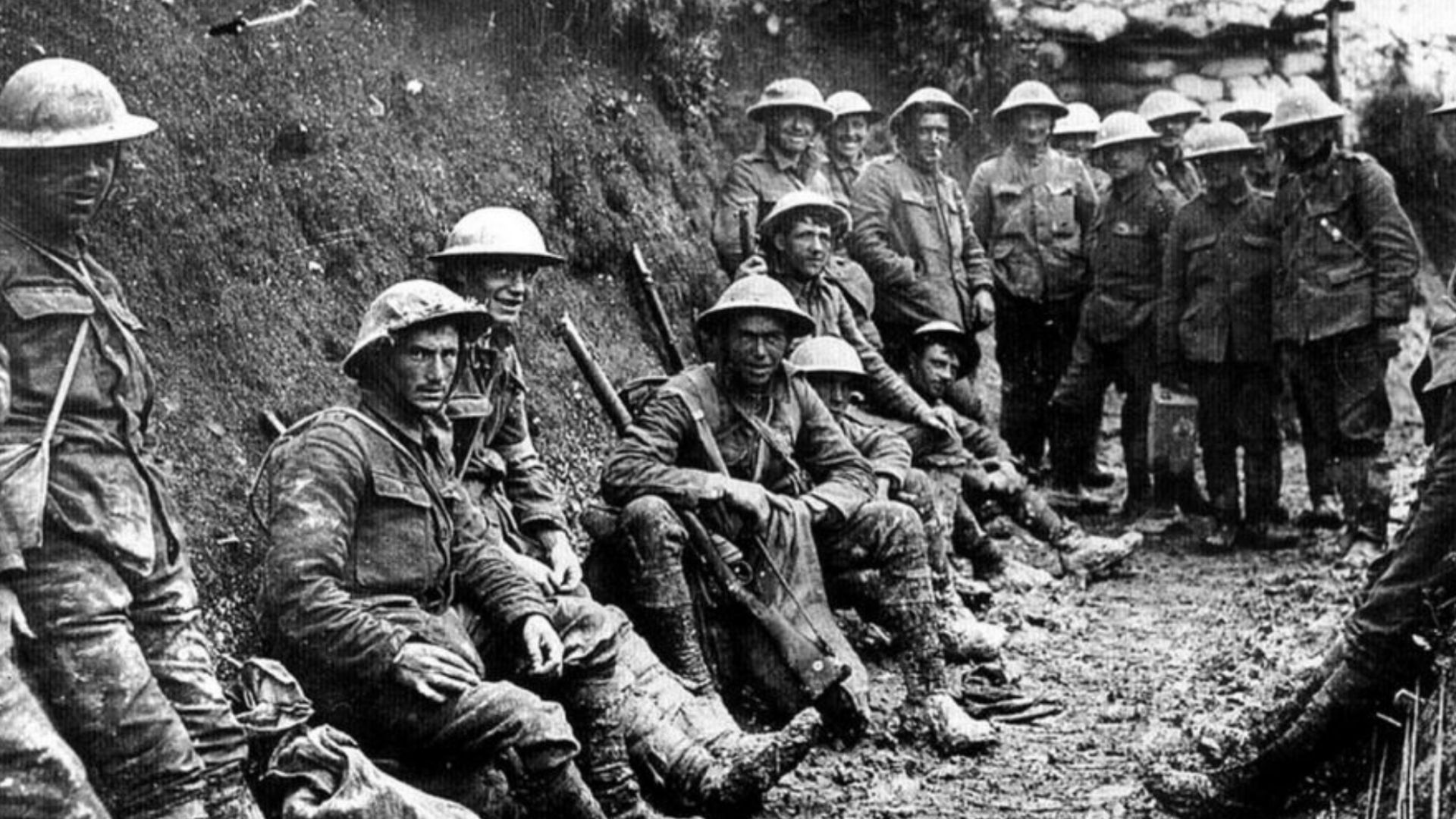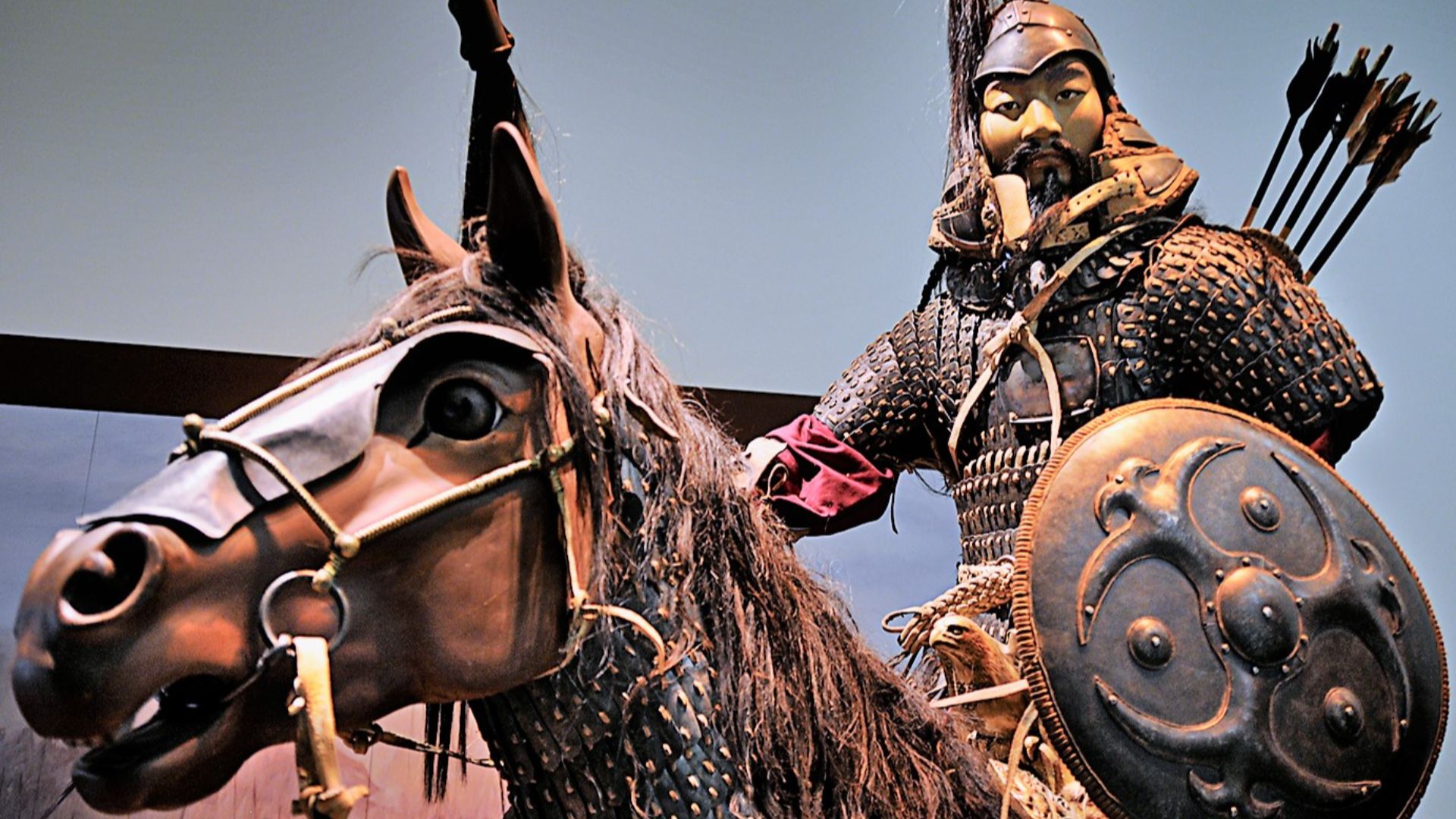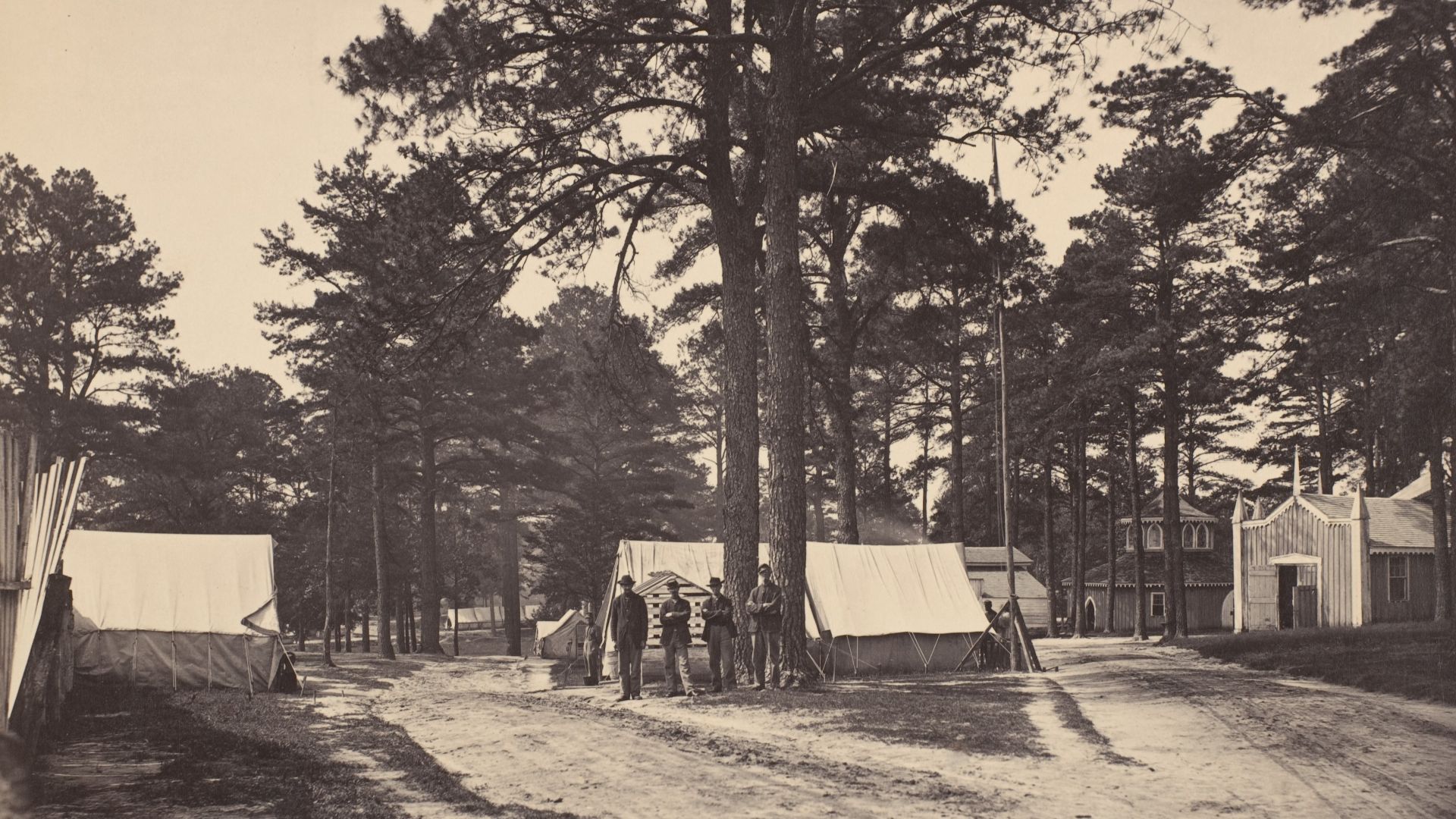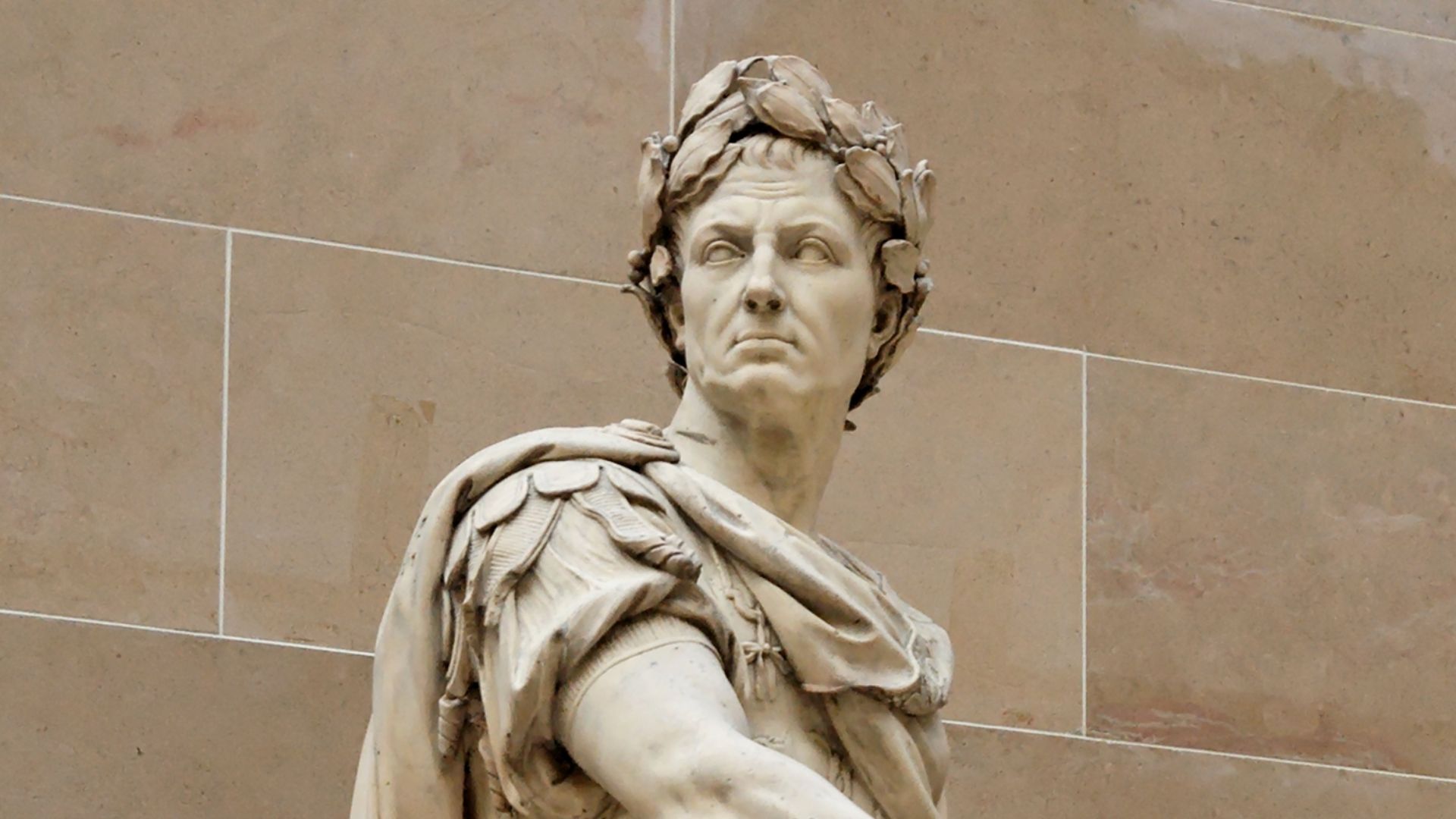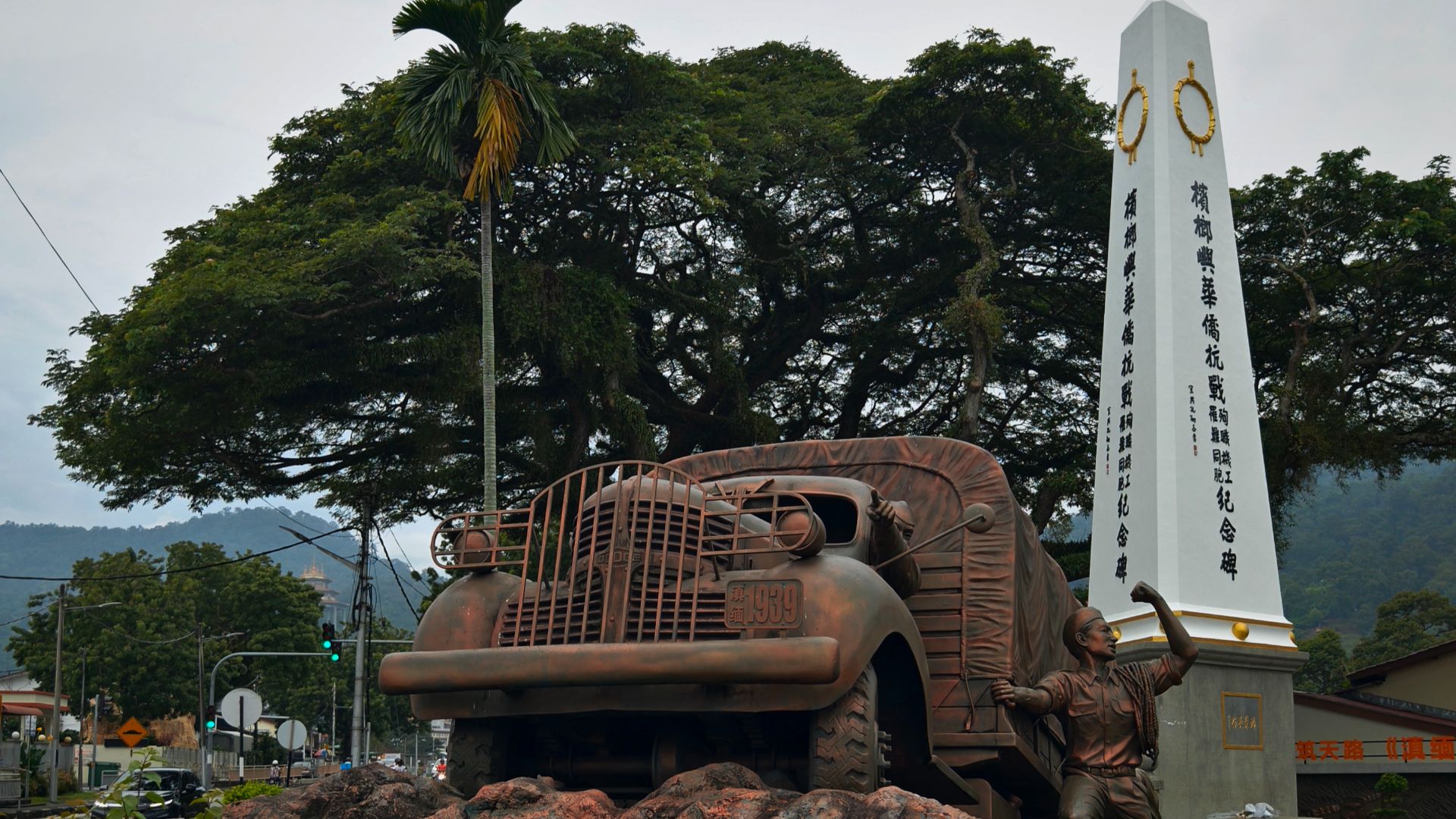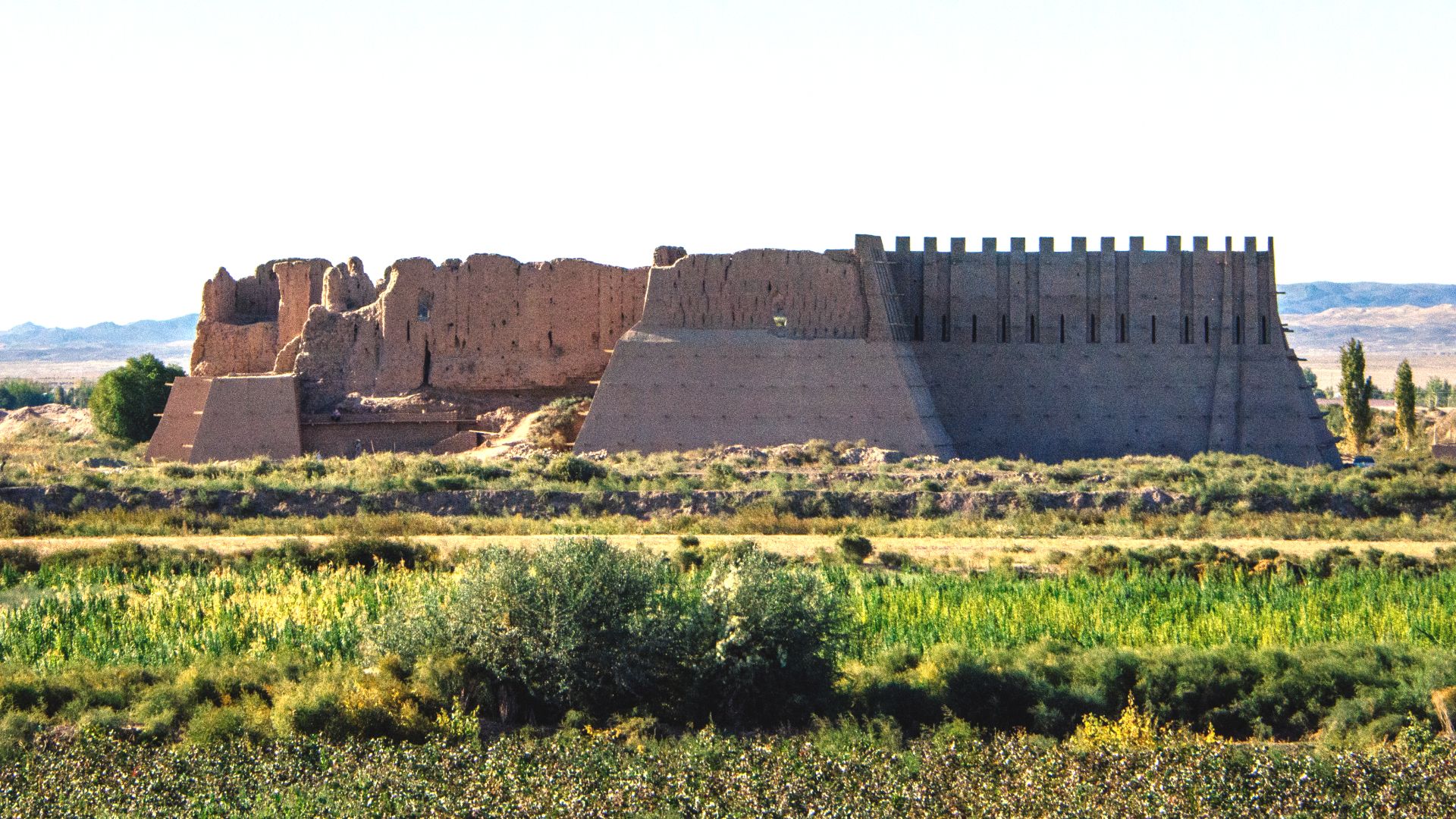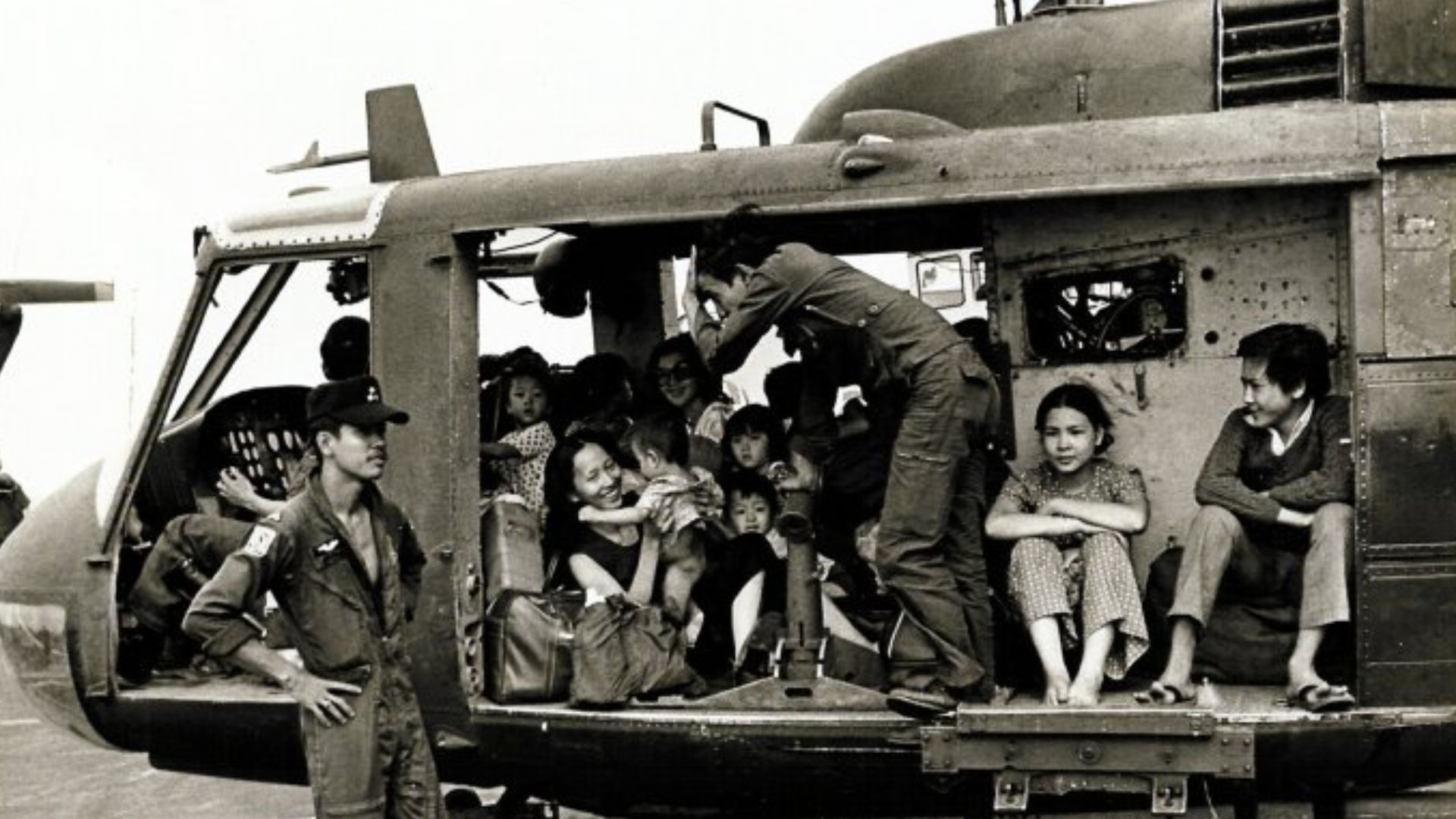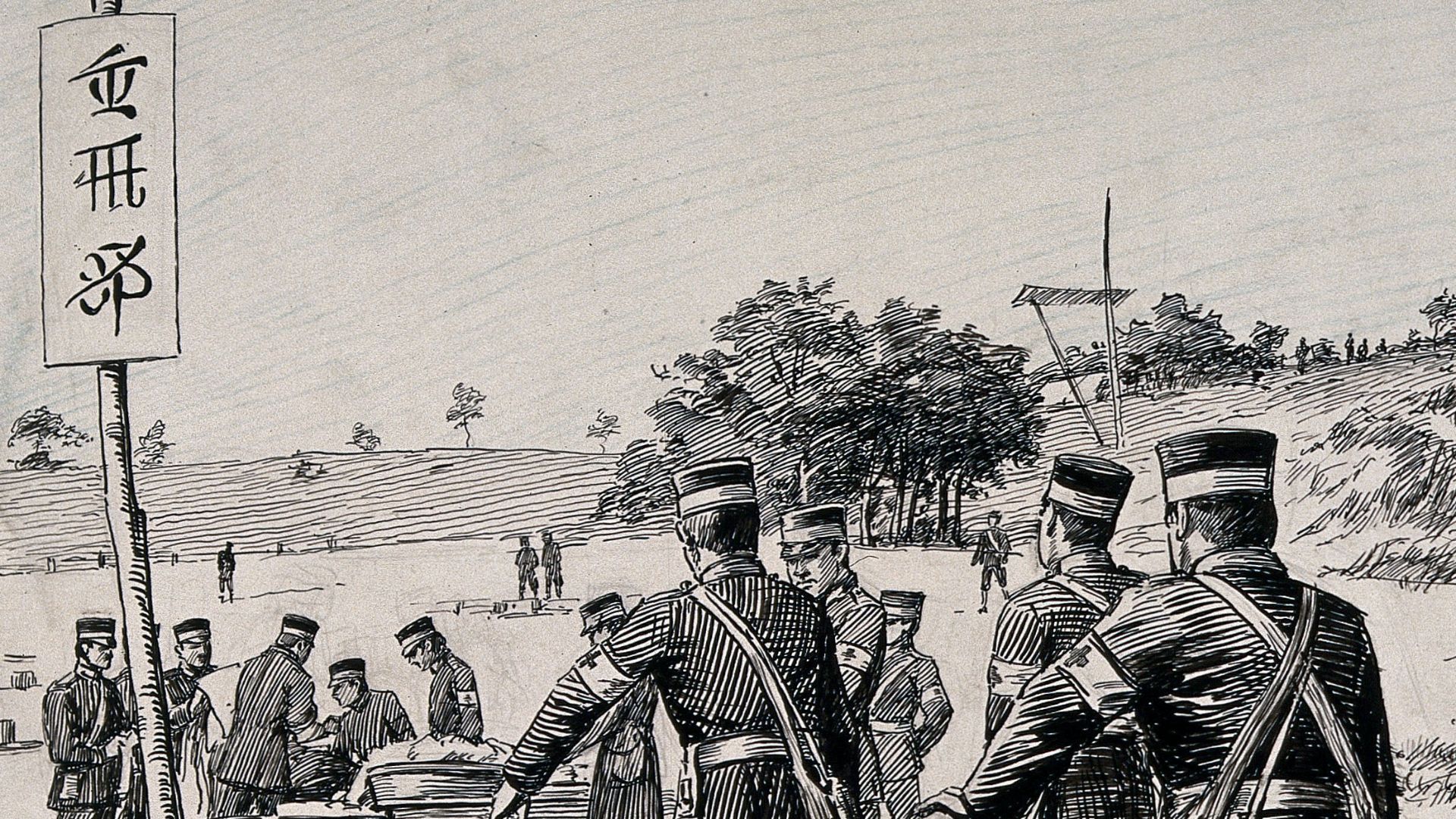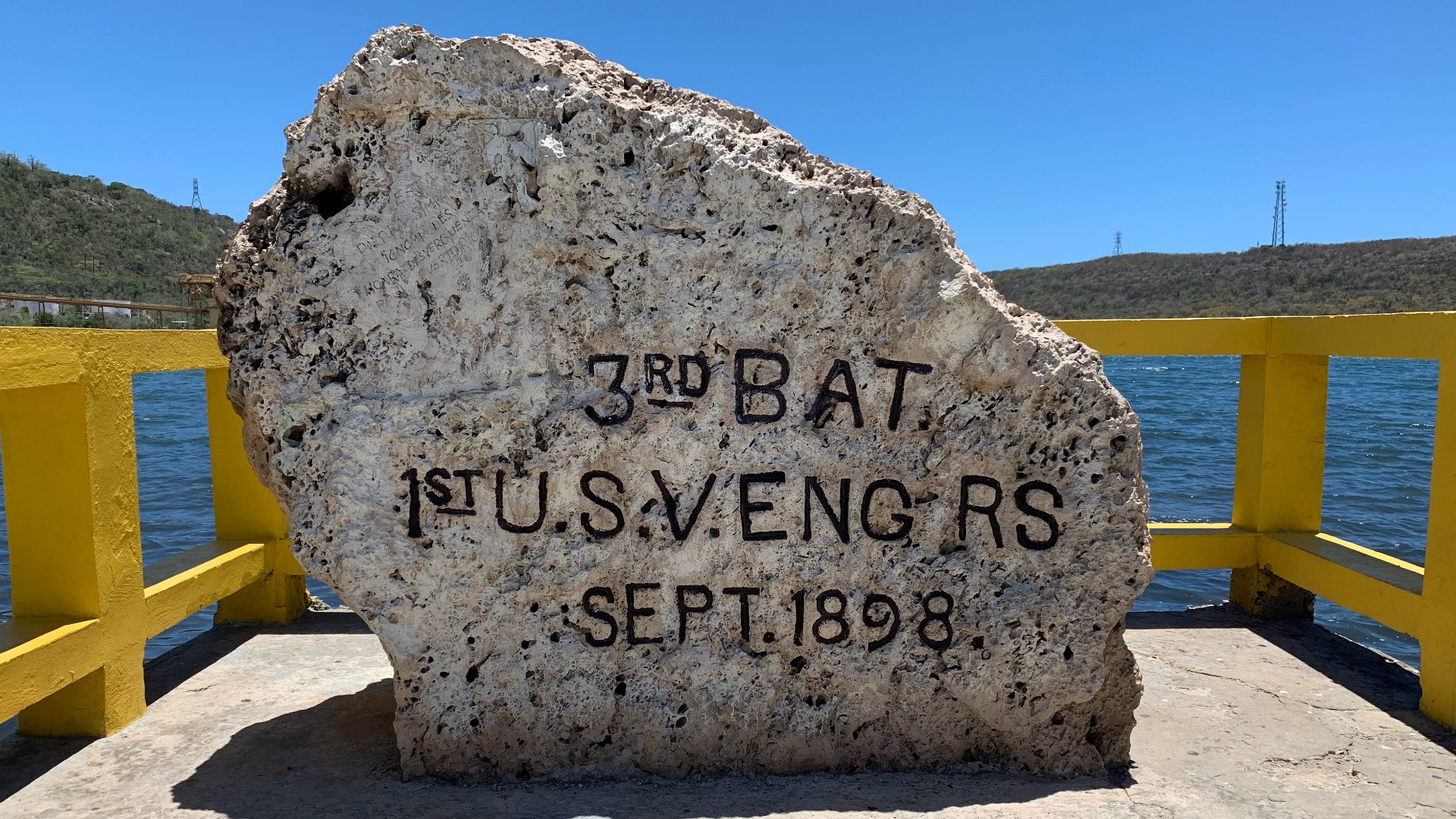10 Wars That Were Unavoidable & 10 That Could Have Been Stopped
Unavoidable Battles, Avoidable Mistakes
Some wars felt fated—like history had locked the door and thrown away the key. Others stumbled into gunfire that cooler heads might’ve dodged. Pride, panic, politics—each played its part. But timing? The timing was everything. In this two-part breakdown, we’re starting with 10 wars that were almost impossible to stop, where decisions stacked too high and too fast for peace to squeeze through. Then we'll take a look at 10 wars that could have easily been avoided.
1. World War I (1914–1918)
Europe was a powder keg with various superpowers vying for dominance in the region. Austria responded to the assassination with threats. Russia mobilized to protect Serbia, and Germany acted to defend Austria. Then, France and Britain followed with a treaty. No country planned a global war, yet none would step aside alone. In fact, the alliances made retreat harder than advance.
2. Mongol Conquests (1206–1368)
Genghis Khan unified the steppe tribes under a system built on conquest. Peace offered no reward. Resistance invited destruction, and surrender was often the only option left to neighboring powers. The Mongol expansion spread too quickly for negotiation. So, by the time envoys arrived, cities were already burning.
3. American Civil War (1861–1865)
The nation had been unraveling for decades. By the time Lincoln was elected, compromise had lost all meaning. Secession began before he took office, and the issues dividing the North and South were too deep to be resolved through debate. Hence, armed conflict became the only resolution.
4. Napoleonic Wars (1803–1815)
Napoleon’s rise changed the rules. No longer a stable Europe of kings, the continent fractured as France advanced and Britain dug in at sea. Trust eroded fast, and battles erupted not because of what either side did but because both were sure the other would move first.
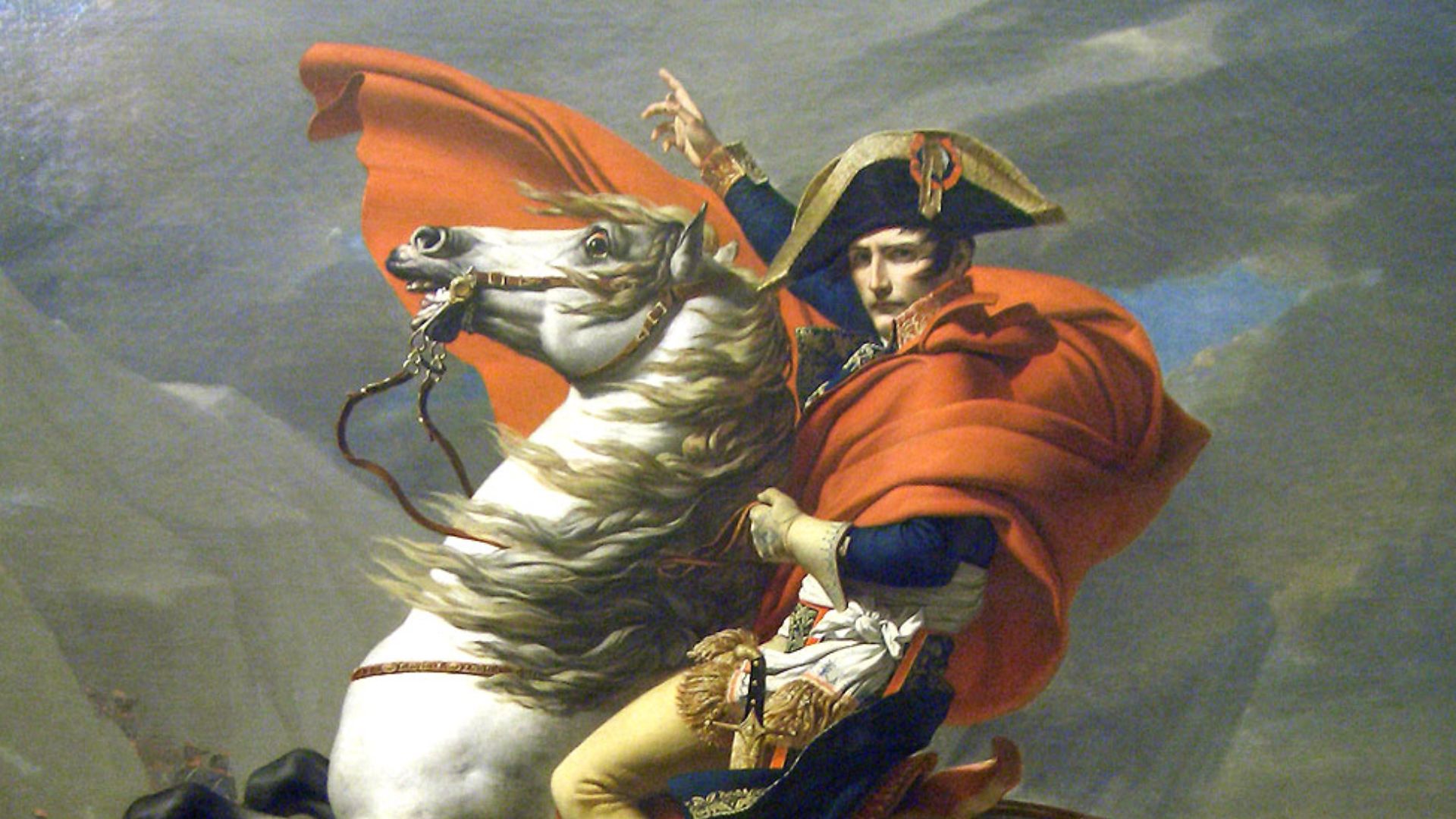 Jacques-Louis David on Wikimedia
Jacques-Louis David on Wikimedia
5. Caesar's Civil War (49–45 BCE)
The Roman Senate ordered Caesar to disband his army, but returning unarmed meant facing prosecution. By then, the republic’s politics had grown deeply personal and hostile. For Caesar, retreat meant ruin. So, what followed was a civil war shaped more by fear than by deliberate choice.
6. Second Sino-Japanese War (1937–1945)
Japan had seized Manchuria, and tensions near Beijing rose as military factions gained power. So, a divided China struggled to resist effectively, where neither side could back down without seeming weak. Once violence erupted, it escalated quickly beyond the control of either leadership.
7. Mongol–Khwarazmian War (1219–1221)
When Mongol envoys were executed, Genghis Khan made no demands. He sent armies. For him, diplomacy was not an option once insults turned deadly. Unfortunately, the Khwarazmian Empire had misread its opponent, and the war came quickly as a lesson.
8. Thirty Years' War (1618–1648)
Europe's fragile religious balance collapsed in Prague when Protestant rebels defied the emperor. This sparked continent-wide mobilization, and local tensions merged with broader ideological disputes. When negotiations failed to cover every conflict, force took the place of reason.
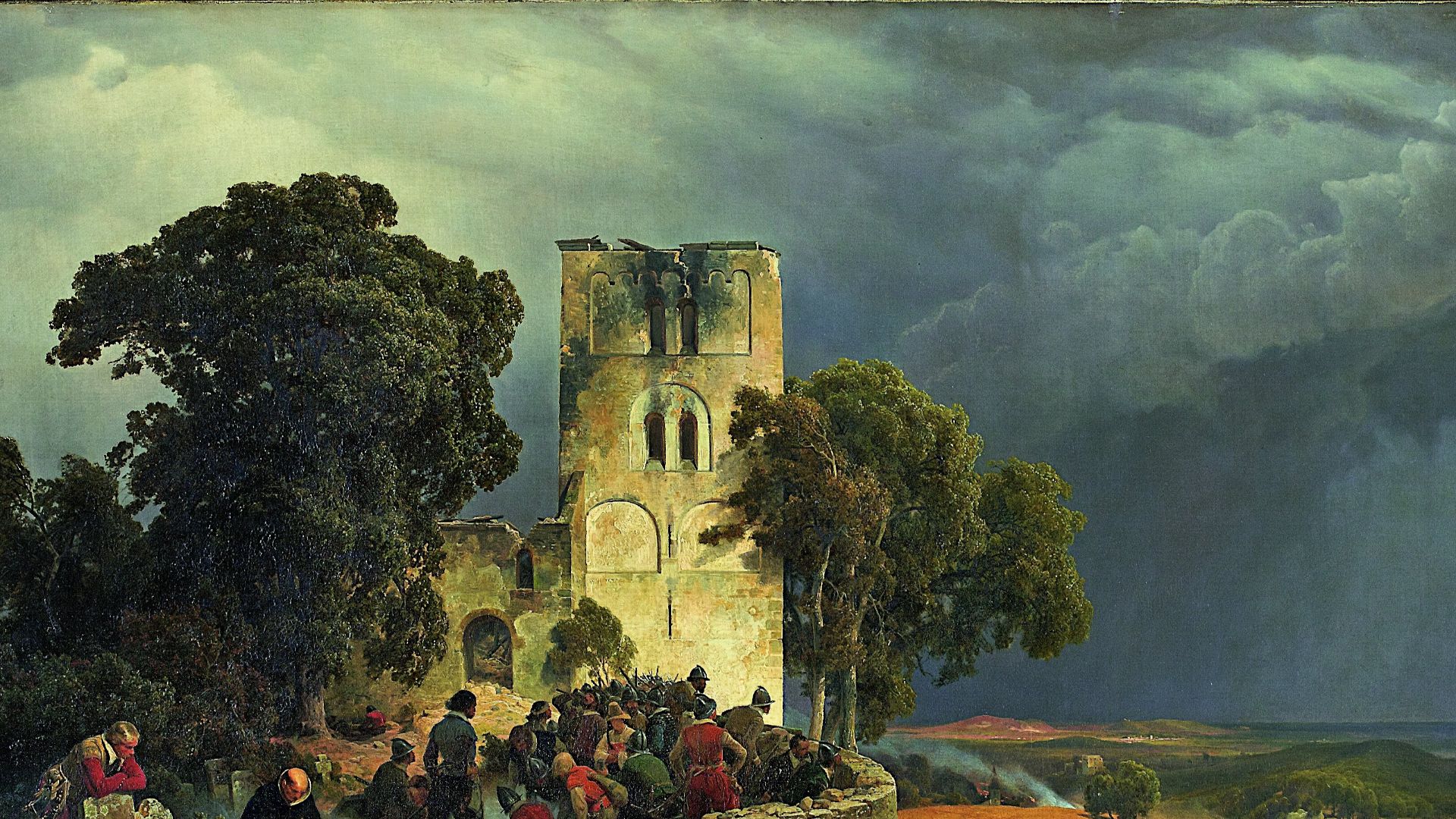 Karl Friedrich Lessing on Wikimedia
Karl Friedrich Lessing on Wikimedia
9. Korean War (1950–1953)
Two rival governments stood divided at the 38th parallel, each claiming control. In 1950, North Korea pushed past the line, triggering a brutal war. The U.S. and China jumped in, Cold War pressure mounted, and diplomacy collapsed. For three years, Korea became a global battleground of ideology.
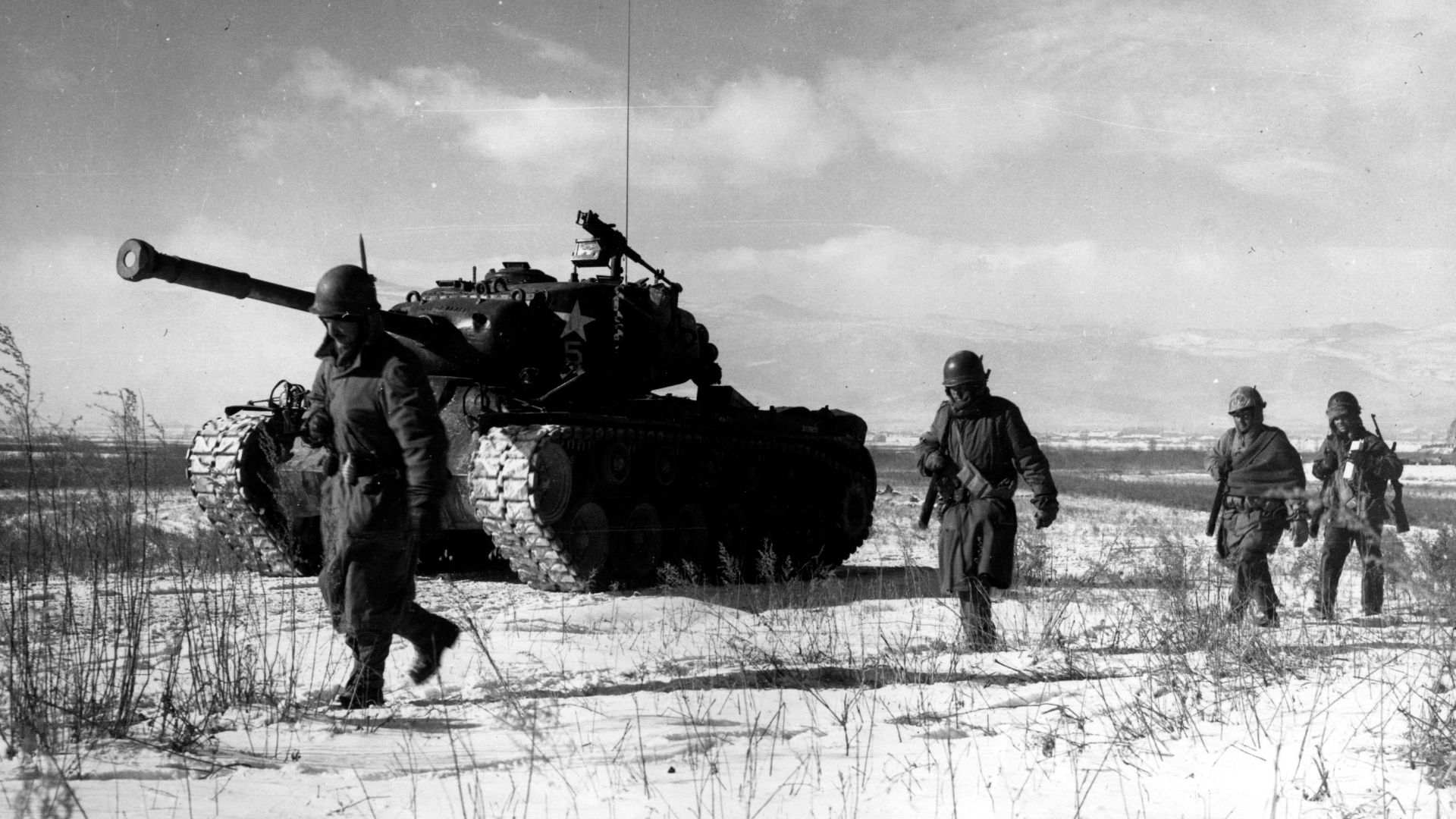 Photo by Corporal Peter McDonald, USMC on Wikimedia
Photo by Corporal Peter McDonald, USMC on Wikimedia
10. Wars Of Alexander the Great (336–323 BCE)
Alexander swiftly consolidated power by crushing the Greek rebellion before targeting Persia, driven more by momentum than choice. Since expansion defined his legitimacy, retreat would have undermined support. Debates over his wars were also absent, as conquest was essential to maintain his survival and authority.
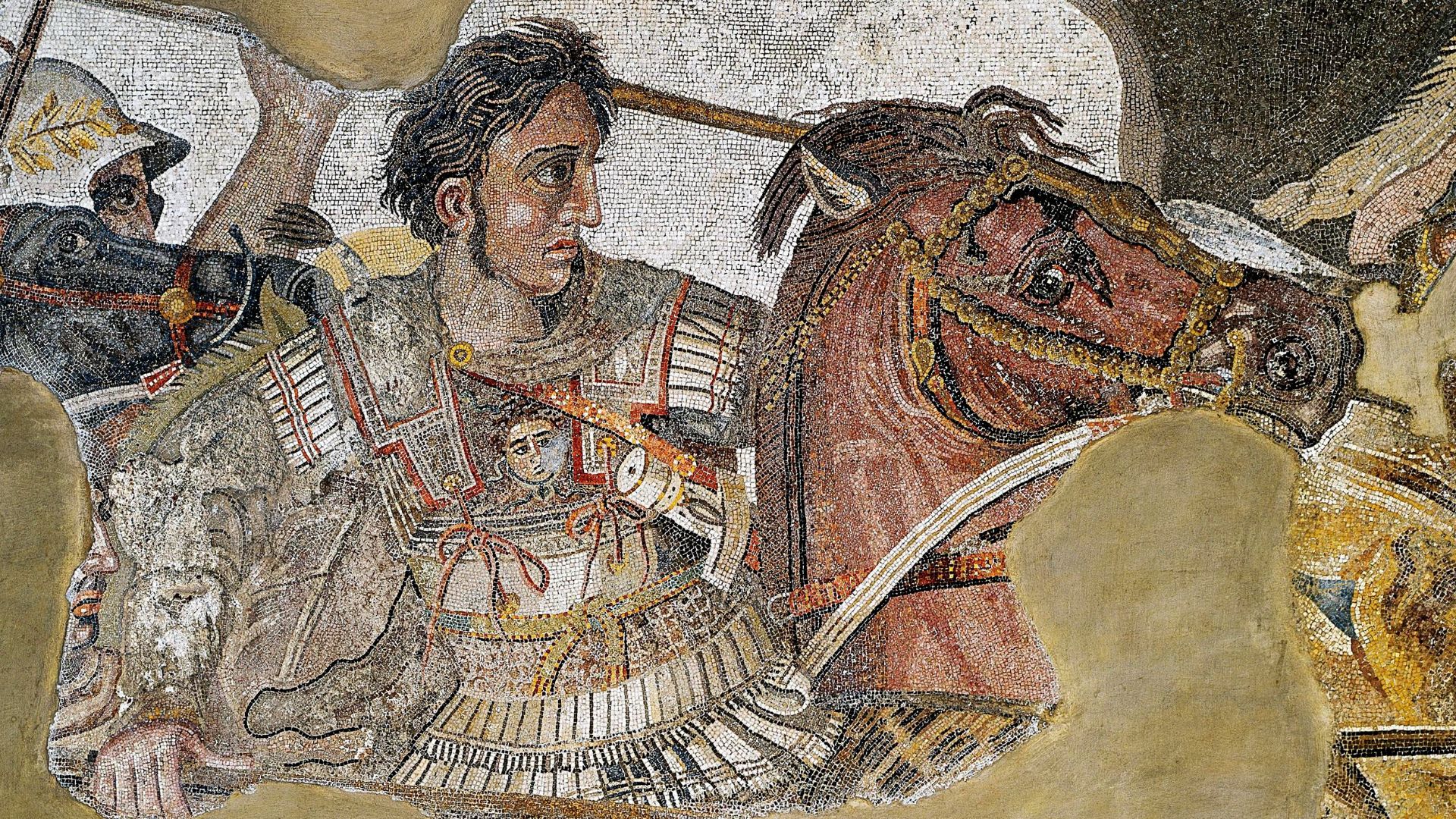 Unknown authorUnknown author on Wikimedia
Unknown authorUnknown author on Wikimedia
In contrast, these ten conflicts could have taken different paths.
1. Iraq War (2003–2011)
Before inspections were complete and before proof emerged, the war had already been planned. Urged to wait, decision-makers pressed ahead, ignoring dissent at home and abroad. A slower path might have avoided years of conflict, yet haste triumphed over diplomacy.
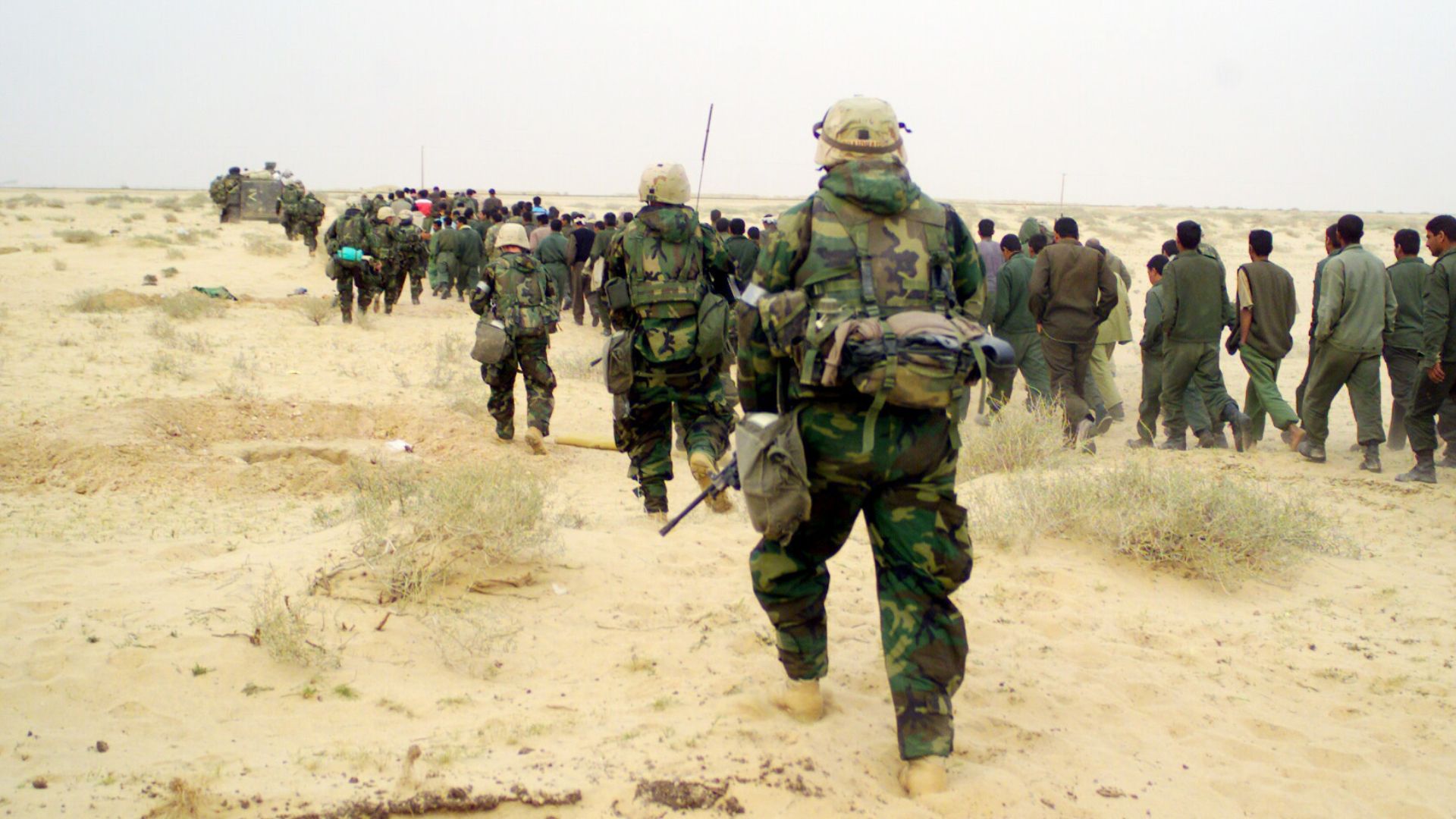 Lance Cpl. Brian L. Wickliffe, U.S. Marine Corps on Wikimedia
Lance Cpl. Brian L. Wickliffe, U.S. Marine Corps on Wikimedia
2. Vietnam War (1955–1975)
Washington mistook Vietnamese nationalism for a communist threat, even though Ho Chi Minh had initially sought U.S. support and not conflict. Peaceful alignment remained possible, but Cold War fear closed every door. What followed was built on assumptions that had been cemented into policy before the outcomes were fully understood.
3. Crimean War (1853–1856)
A dispute over religious sites gradually escalated into a global conflict, and miscommunication between empires turned initial caution into deep mistrust. As Britain and France advanced without clear aims, Russia responded defensively but clumsily. However, with firmer diplomacy, the crisis might have been resolved through negotiation rather than war.
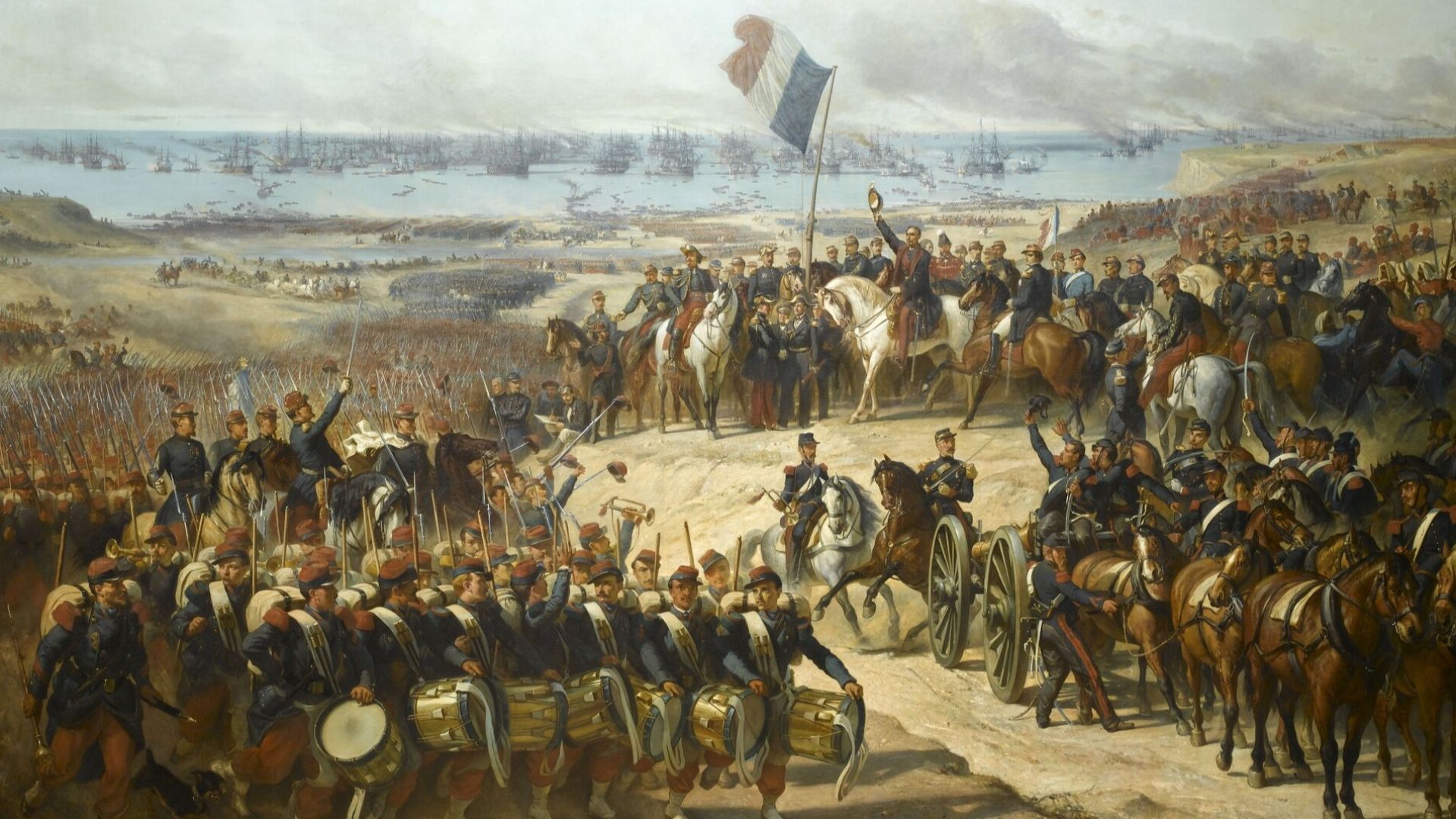 Félix-Joseph Barrias (1822-1907) on Wikimedia
Félix-Joseph Barrias (1822-1907) on Wikimedia
4. Falklands War (1982)
Argentina misread Britain’s resolve, expecting negotiations after occupying the Falklands. Instead, a full military campaign followed. Domestic politics on both sides drove escalation more than strategic necessity. Though the islands held little material worth, the standoff turned violent, one that might have been resolved at the table.
5. Russo-Japanese War (1904–1905)
As diplomacy stalled, both sides prepared for conflict. Russia delayed, trusting its reach, while Japan struck early to avoid encirclement. Yet neither grasped the other’s urgency. Had timing aligned or intentions been clearer, war might have been avoided. Instead, miscalculation turned tension into a full-scale invasion.
6. War of 1812 (1812–1815)
Britain’s war with Napoleon kept it distracted when the U.S. demanded maritime reforms. Unfortunately, messages took so long to travel across the ocean that tensions escalated before any response could arrive. By the time Britain shifted its policy, Congress had already declared war. And misread signals and rising tensions further left diplomacy trailing behind the rush to act.
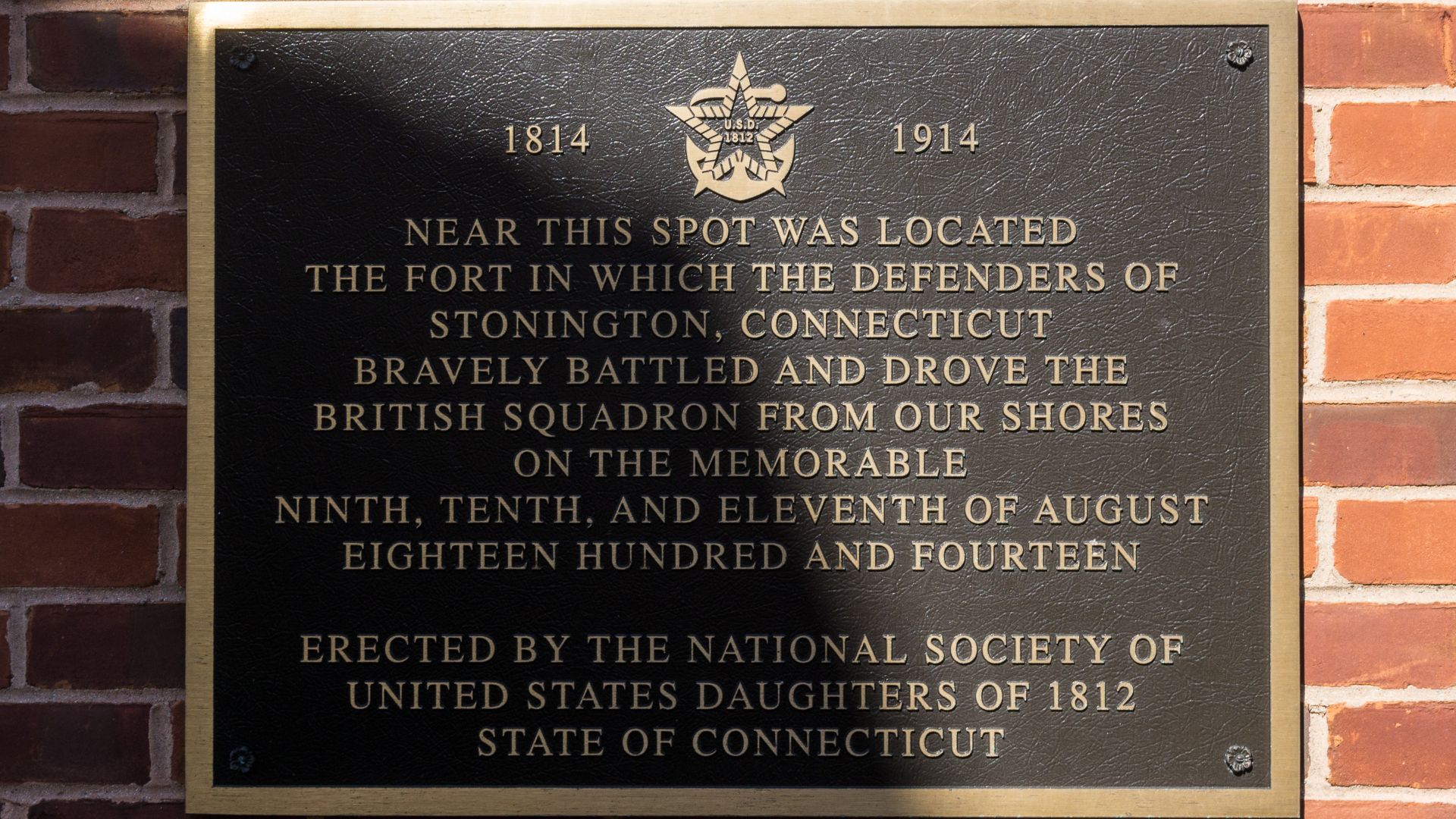 Kenneth C. Zirkel on Wikimedia
Kenneth C. Zirkel on Wikimedia
7. Second Italo-Ethiopian War (1935–1936)
Had the League acted with force, Mussolini might never have crossed the border. Ethiopia had sought peaceful negotiation but found only delayed sanctions and empty declarations. With no deterrent in place, his armies advanced, turning the conflict into a lasting symbol of collective failure.
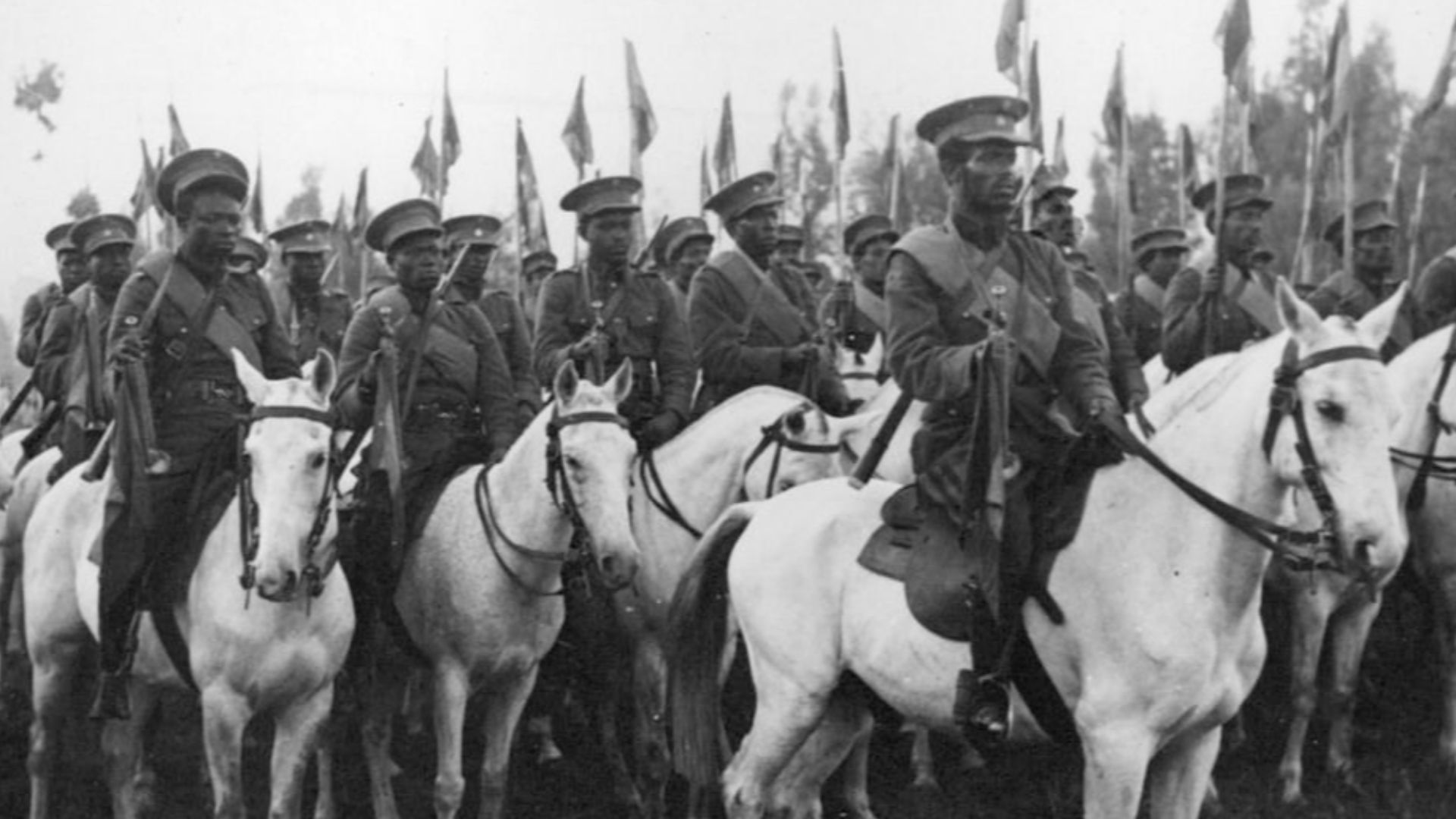 Unknown photographerUnknown photographer on Wikimedia
Unknown photographerUnknown photographer on Wikimedia
8. Greco-Italian War (1940–1941)
Italy invaded Greece seeking an easy victory, but Mussolini ignored his generals’ warnings and dismissed diplomacy. Greece, though unprepared, offered fierce resistance. As Italy’s advance stalled, Germany stepped in to rescue the campaign. Early restraint could have kept the conflict from spreading across borders.
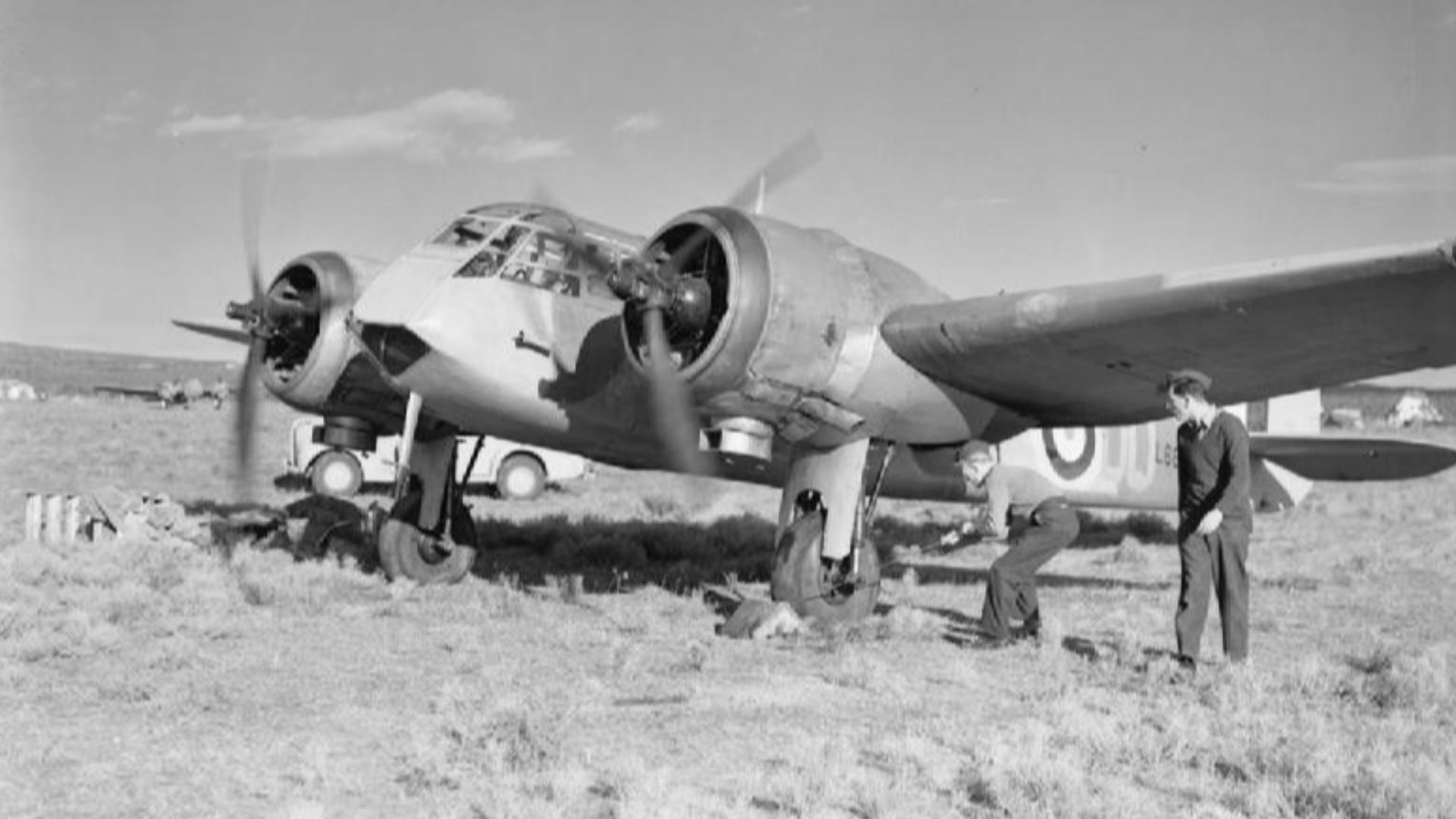 Hensser H (Mr), Royal Air Force official photographer on Wikimedia
Hensser H (Mr), Royal Air Force official photographer on Wikimedia
9. Second Congo War (1998–2003)
The local conflict drew in armies from across Africa. Although Rebel movements warned of escalation, diplomacy arrived late and without force, resulting in peacekeeping efforts lacking coordination. With earlier action, leaders could have contained the violence before it became the deadliest war of the century.
 L. Werchick / USAID on Wikimedia
L. Werchick / USAID on Wikimedia
10. Spanish–American War (1898)
When a U.S. battleship exploded in Havana harbor, the cause wasn’t confirmed, but public fury surged. Sensational headlines fanned the flames while diplomacy unraveled. Yes, Spain offered last-minute concessions, yet they came too late. Faster communication and calmer judgment might have stopped the slide toward war.
KEEP ON READING

This Ancient Medical Practice Involved Drilling a Hole Through the…
Rama on WikimediaThere have been many curious medical techniques introduced…
By Christy Chan Dec 5, 2025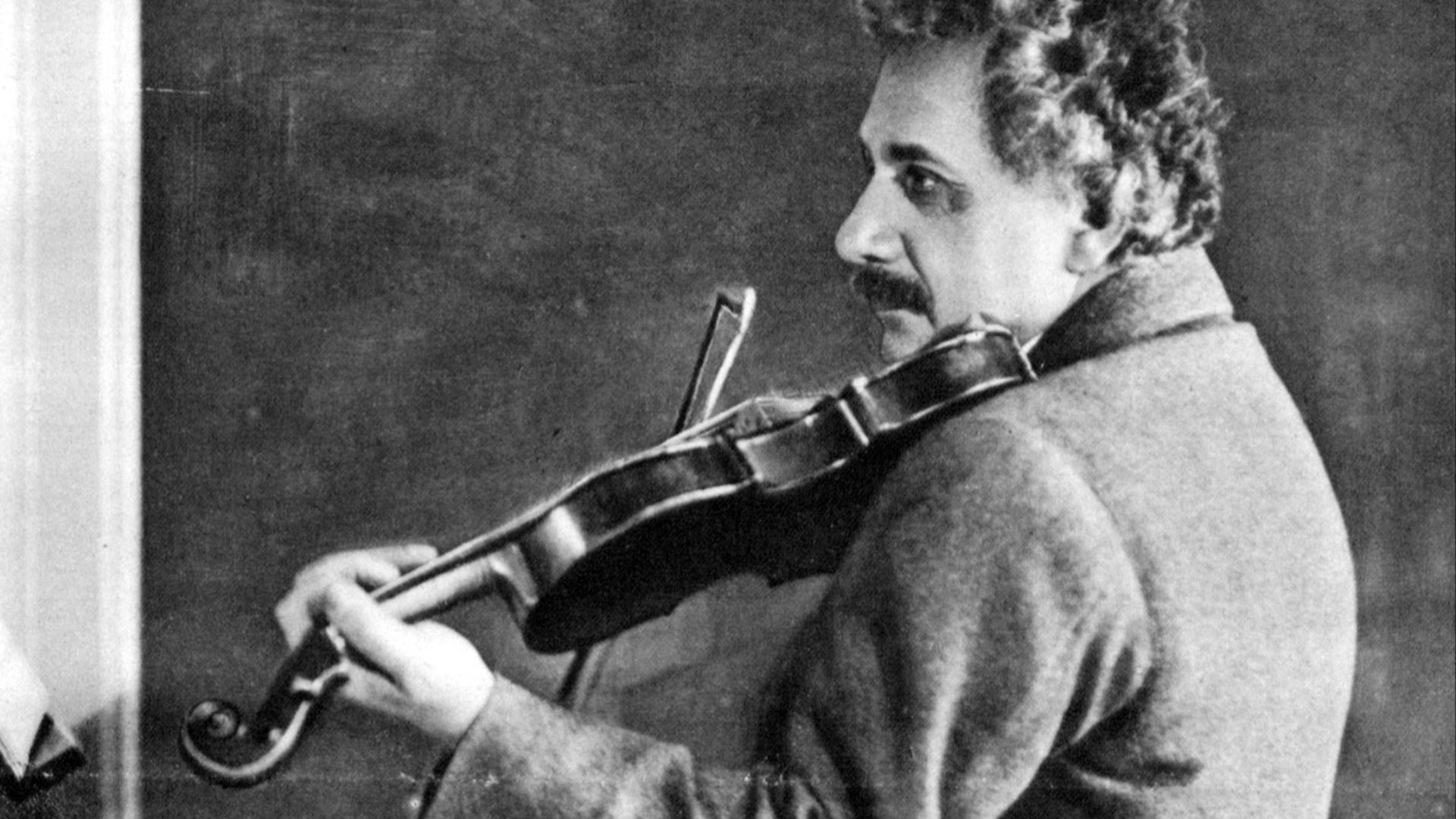
Einstein's Violin Just Sold At An Auction—And It Earned More…
A Visionary's Violin. Wanda von Debschitz-Kunowski on WikimediaWhen you hear…
By Ashley Bast Nov 3, 2025
This Infamous Ancient Greek Burned Down An Ancient Wonder Just…
History remembers kings and conquerors, but sometimes, it also remembers…
By David Davidovic Nov 12, 2025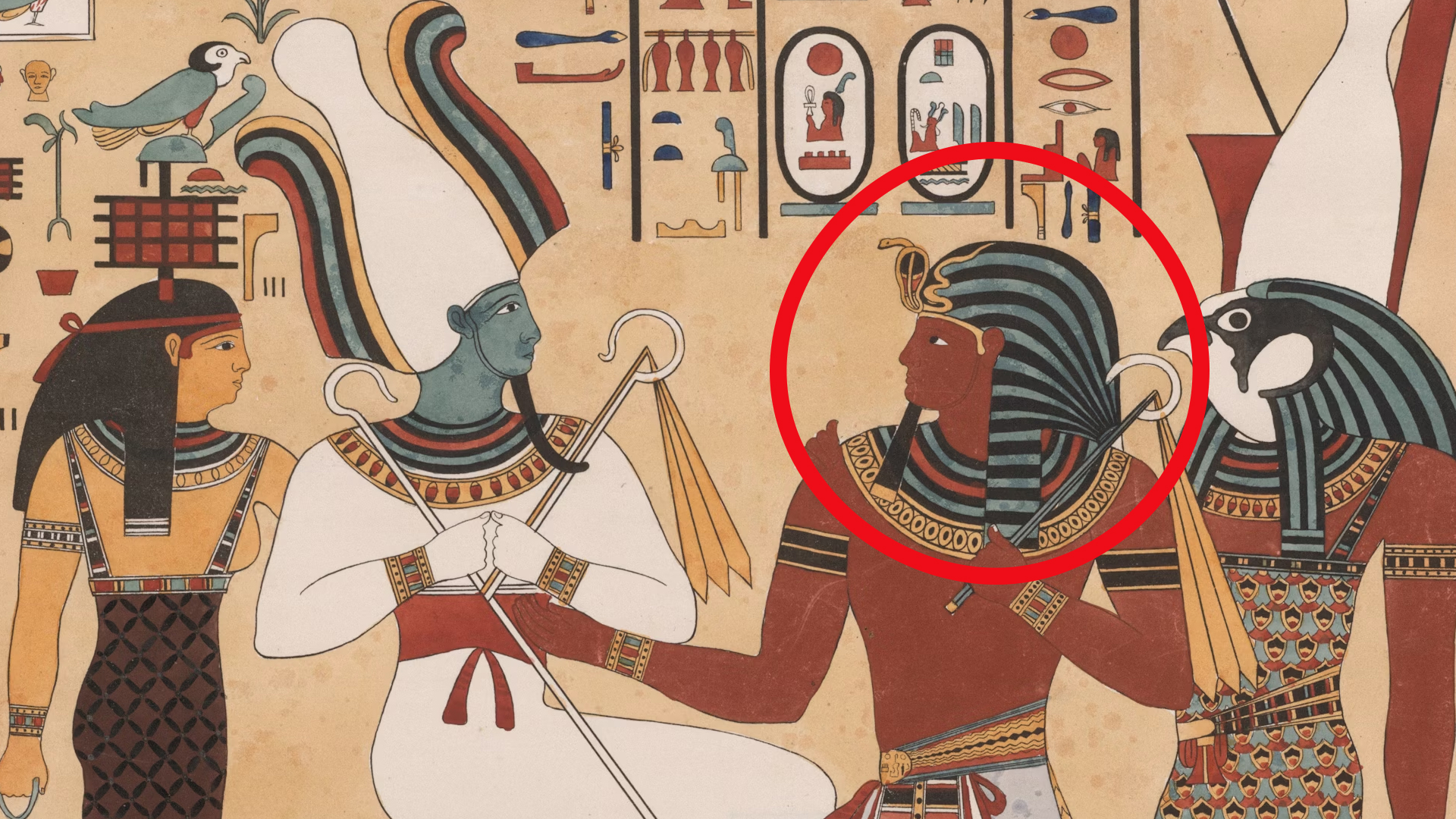
The Mysterious "Sea People" Who Collapsed Civilization
3,200 years ago, Bronze Age civilization in the Mediterranean suddenly…
By Robbie Woods Mar 18, 2025
20 Inventors Who Despised Their Creations
Made It… Then Hated It. Inventors often dream big, but…
By Chase Wexler Aug 8, 2025
20 Incredible Items In The British Museum People Say Were…
Mystery In History. The mighty halls of the British Museum…
By Chase Wexler Sep 8, 2025

